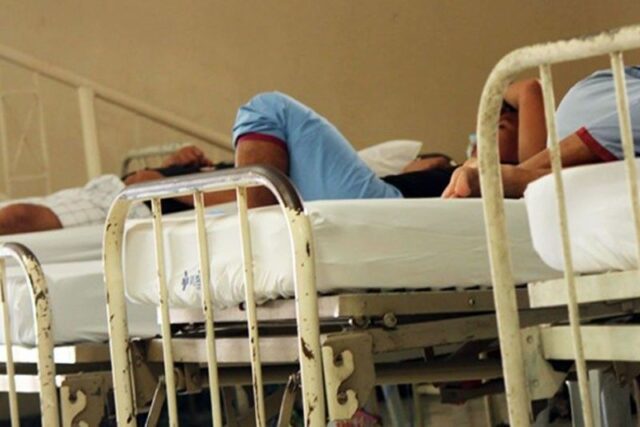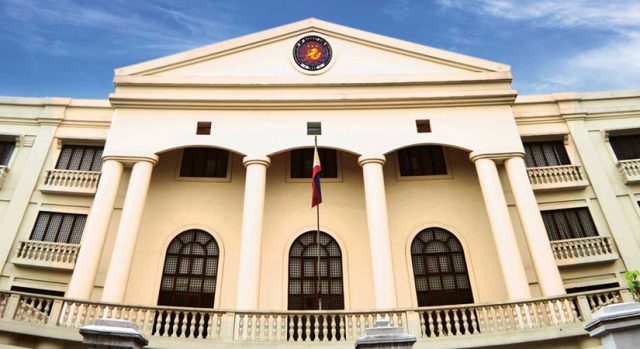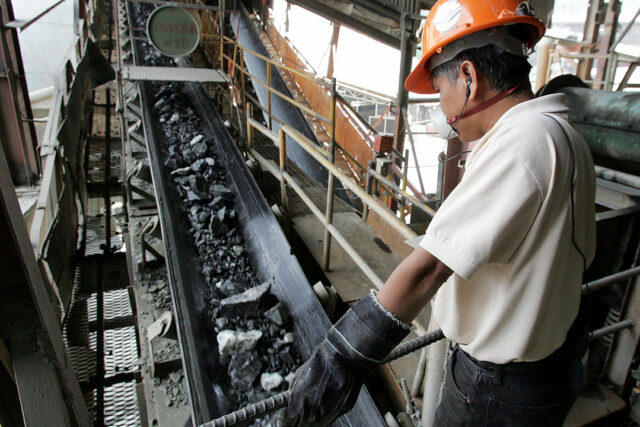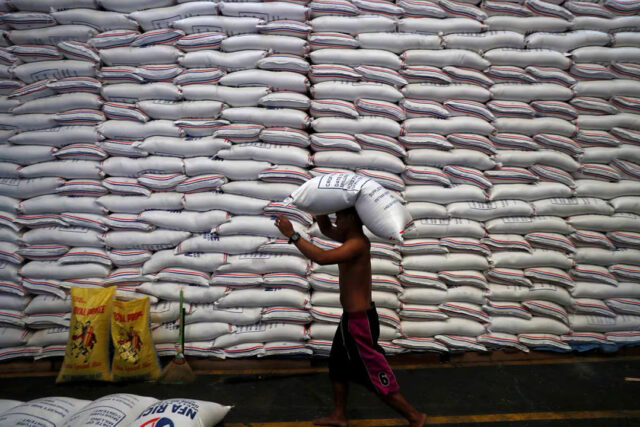DICT free Wi-Fi program could tap LEO satellites

THE Department of Information and Communications Technology (DICT) said it will overhaul the free Wi-Fi Program to make use of low-earth orbit (LEO) satellites.
“The current approach to the Free Wi-Fi Program requires reevaluation and restructuring. We are spending approximately P6.5 billion annually to provide internet access to more than 7,000 locations,” Jeffrey Ian C. Dy, undersecretary for Infostructure Management, Cybersecurity, and Upskilling, said in a statement on Monday.
President Ferdinand R. Marcos, Jr. had ordered the DICT to revisit key programs, and follows the resignation of former Secretary Ivan John E. Uy resigned as DICT chief last week.
The free Wi-Fi program aims to provide internet access to public areas, favoring geographically isolated and disadvantaged areas.
The DICT is now in talks with a possible LEO provider on a long-term contract and potential discount to upgrade connectivity in schools, Mr. Dy said.
“There are more cost-effective alternatives if we enter into long-term agreements,” he said.
LEO satellites have the potential to increase internet capacity and reducing data transmission delays. Such satellites typically orbit at around 1,000 kilometers above the Earth.
The DICT said the provider has also offered about 200 Megabits per second (Maximum Information Rate) for 10,000 school locations at P1.5 billion per year under a 10-year contract.
Samuel V. Jacoba, founding president of the National Association of Data Protection Officers, said the DICT’s decision to explore alternative technologies for free Wi-Fi will benefit the public.
“It opens up other possibilities to improve broadband access. This approach offers opportunities and advantages,” Mr. Jacoba said via Viber.
He said LEO satellites will provide better coverage in remote areas, lower latency and higher speeds, and are disaster resilient.
“While LEO satellite technology has the potential to address connectivity gaps, it is crucial that this shift does not become another expensive experiment that fails to deliver sustainable, long-term solutions,” according to Ronald B. Gustilo, national campaigner for Digital Pinoys.
Mr. Gustilo said the DICT must also guarantee that the transition to LEO satellites does not create monopolies.
“We have seen in other industries how monopolies lead to high costs and poor service quality. The government must ensure fair competition and regulatory safeguards,” he said.
Mr. Dy said that Mr. Marcos ordered the DICT to allocate P5 billion for the SIM Card ng Bayan Project. This program aims to expand permanent cell site towers by subsidizing a portion of the cost for telecommunications companies and common tower providers.
It said the subsidy will be in the form of 25 gigabytes worth of free internet for students within the tower’s coverage area. — Ashley Erika O. Jose











